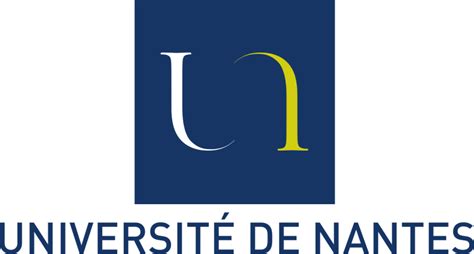In vitro evaluations of new decitabine nanocarriers for the treatment of acute myeloid leukemia
Résumé
Decitabine is a hydrophilic drug that acts by hypomethylating DNA and is used in Europe for the treatment of acute myeloid leukemia (AML) in older patients. However, it can only be administered intravenously, due to very low oral bioavailability. Oral administration would allow outpatient treatment, improving quality of life and reducing treatment costs. The aim of this study was to develop and characterize lipid nanocapsules (LNCs), originally designed for lipophilic drugs (1), to encapsulate decitabine.
According to a previous formulation developed by Vrignaud et al. (2), LNCs associated with a mixture of Transcutol® HP and Tween® 80 (THP-T80-LNCs) were designed. Size and drug payload (determined after an ultracentrifugation to collect the free decitabine and the decitabine loaded in THP-T80-LNCs) were determined.
A size of 26.5 ± 0.5 nm, a high encapsulation efficiency (over 85%), and a drug payload of 472 ± 64 µg/mL were obtained. Then, a plasma stability of free-decitabine and decitabine-loaded THP-T80-LNCs was performed. After encapsulation, decitabine degradation was slowed down in comparison to the free-drug. Finally, decitabine-loaded THP-T80-LNC cytotoxicity was evaluated on two AML cell lines depending on their decitabine resistance: HEL (not resistant) and HL-60 (resistant). Moreover, in vitro permeability study of decitabine-loaded THP-T80-LNCs was assessed in a Caco-2 cell model (3). Decitabine cytotoxicity against HEL and HL-60 was higher when decitabine was loaded in THP-T80-LNCs than when free. Apparent permeability on Caco-2 cell monolayers was also increased after encapsulation.
To conclude, THP-T80-LNCs were able to encapsulate a hydrophilic drug, decitabine. Cytotoxicity of the drug was enhanced on two AML cell lines, as well as its apparent permeability on Caco-2 cell monolayers suggesting a potentially useful formulation to increase the oral bioavailability of decitabine.
